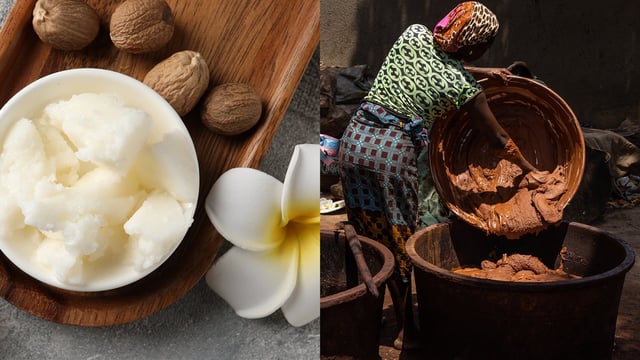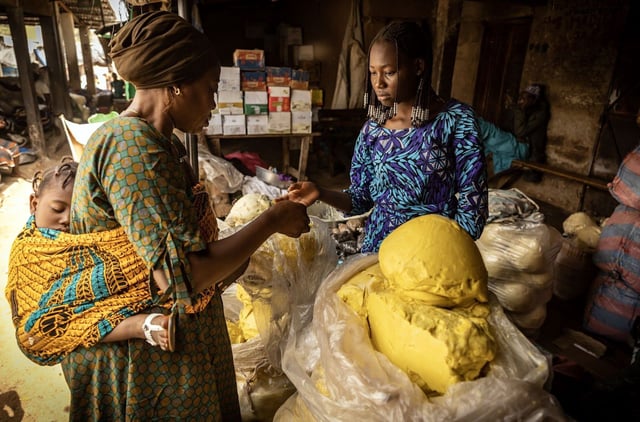Overview
- Officials describe it as a value‑addition measure to secure feedstock for local processors and shift exports to butter, oils and derivatives.
- Nigeria supplies nearly 40% of shea but captures about 1% of the $6.5 billion market, with installed capacity of roughly 160,000 tonnes running at 35–50%.
- A government assessment estimates over 90,000 tonnes leak annually through informal cross‑border trade, undermining domestic supply.
- Authorities target roughly $300 million in near‑term earnings and project up to about $3 billion by 2027 if processing scales.
- Analysts warn outcomes hinge on enforcement and investment, while officials highlight benefits for rural women and note neighboring countries have imposed similar curbs.



